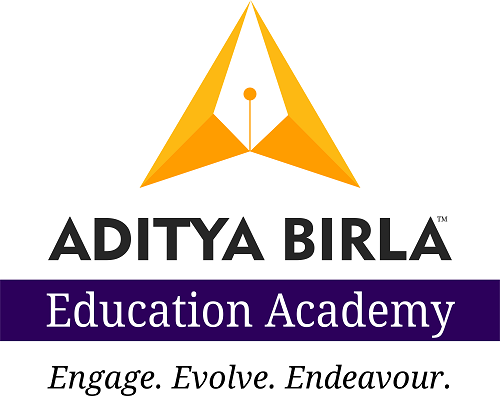In a recent online workshop conducted for passionate educators amidst COVID-19, educators together investigated the possibility of designing a curriculum and pondering over the question, 'How to plan a curriculum that is par international standards regardless of the school affiliated boards?'. The following aspects were learned:
- Benchmarking the curriculum and in turn identifying the gaps in their current curriculum. It is only through such benchmarking that countries and educational institutions can understand the relative strengths and weaknesses of their education system and identify best practices and ways forward. Success will go to those individuals and countries which are swift to adapt, slow to complain, and open to change.
- Designing the curriculum through a systematic approach. First, understanding who is my target audience, followed by lucidly expressing the goal of the program, then mapping the program to short-term and long-term learning goals, also look at designing the learning experience and then reviewing the curriculum all over again to assess the effectiveness of the design.
- Visible Learning research which is based on 1000 research reviews comprising 50,000 studies involving 250 million students. This research gives clarity on the effectiveness of various aspects that matter in student learning and their attainment.
- Thinking routines teach students to make their ideas visible and accessible. This is done through a variety of graphic organizers that help structure ideation and reasoning. They are simple to use, yet powerful in impact
Next on the journey, they analyzed the importance of early years assessment practices and the application in their day to day classroom teaching and learning through:
- Understanding the importance of assessment for learning, assessment as learning and assessment of learning and assessment.
- Becoming aware of various assessment strategies to suit the age group and the topic learned.
- Explain and present the cohesive four specific learning skills of 21st century i.e critical thinking, communication, collaboration, and creativity to the group
- Summarize the strategies to enhance 4 Cs in the classroom.
Image source-freepik







